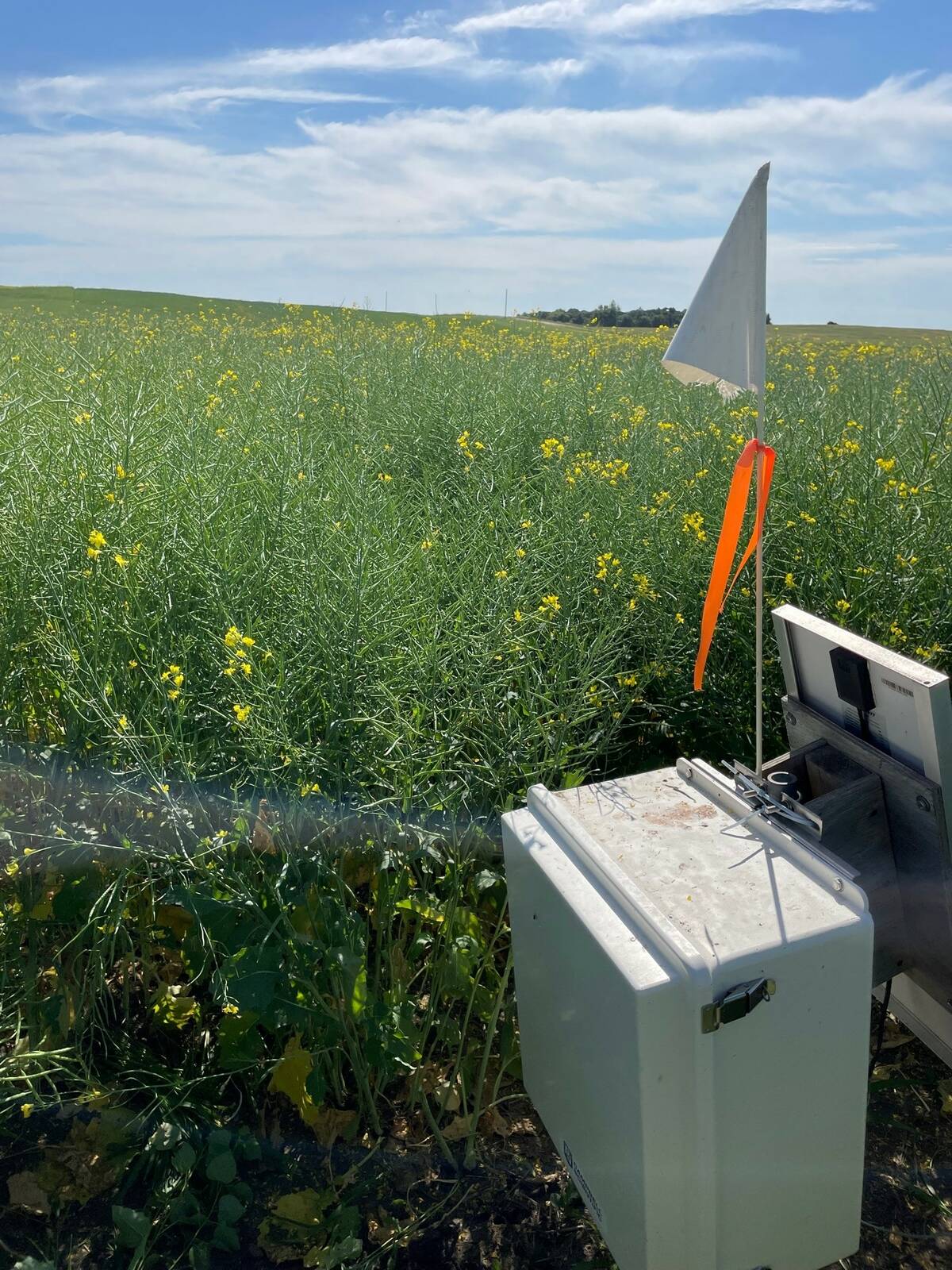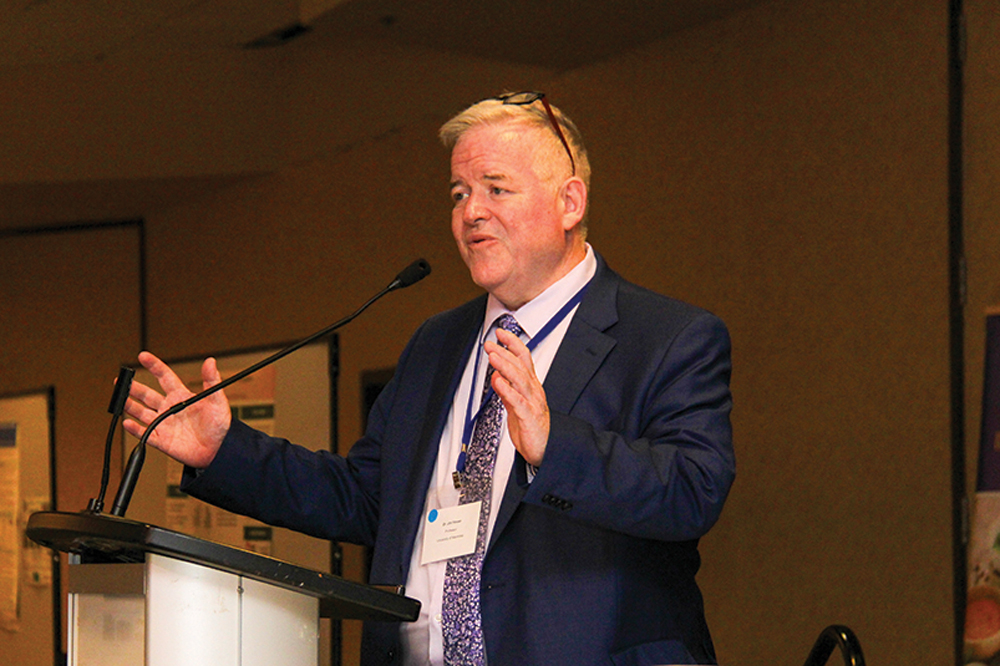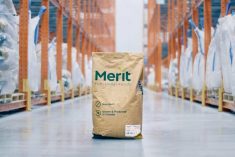The province has pledged $1.5 million over six years to support protein research and extension work ahead of the third annual Manitoba Sustainable Protein Research Symposium.
James House was named the Manitoba strategic research chair in sustainable protein, a position he says will include doling out the promised funds so that researchers can pursue protein-related studies. The job will also include building research capacity and developing opportunities for students.
“Even more importantly is to build bridges and connections with the sector all the way from the farm all the way through to the fork at the local and international level,” he said.
Read Also

Where’s the water? RISMA knows
National soil moisture sensor network gives real-time data for Manitoba farmers fighting more frequent drought or flood.
The chair position is actually in its second year, House said, despite being announced via news release on June 20.
Why it matters: The province is four years past the announcement of its protein strategy, meant to bolster local production and processing after the government identified protein as a major economic growth area.
House is a professor of nutritional sciences at the University of Manitoba. He also previously led the development of the Manitoba Protein Research Strategy, an initiative under the larger provincial Protein Advantage strategy.

In 2019, the province rolled out its game plan to make Manitoba “North America’s protein supplier of choice, leading Canada in sustainable protein industry growth that benefits the profitability and competitiveness of Manitoba producers, processors and the provincial economy.”
The stated goals included attracting $1 billion in plant protein investment and $500 million in animal protein investment, 1,550 new protein-related jobs and a 15 per cent reduction in carbon intensity per kilogram of animal protein produced.
The strategy, released in June 2022, identified funding as one of the largest barriers to protein study. Lack of qualified people was another issue.
The Manitoba Sustainable Protein Research Symposium, held in Winnipeg June 20-21, is an example of projects funded in part through the chair. It brought together researchers and industry members in protein and protein-adjacent fields. Masters, post-doctorate and PhD students shared research through presentations and posters, while rubbing shoulders with scientists and industry representatives.
In recorded comments, Manitoba agriculture minister Derek Johnson announced another $5.1 million during the event to support ProteinMB, the implementation arm of the province’s protein strategy. Those funds will come through the five-year Sustainable Canadian Agricultural Partnership.
ProteinMB is a rebrand of the Project ASPIRE Hub, which was the name given to a consortium of industry, academic and government leaders tasked with carrying out the strategy. In December, the province and federal government announced $600,000 to establish a physical “hub” office and staff to support that consortium. The now renamed organization is led by executive director Myrna Grahn.
ProteinMB is tasked with developing 10 “pillars” for the sector, including sustainable protein, branding, communication and marketing, workforce, infrastructure, and measurement and modelling. A roundtable of industry, academic and government leaders will be assigned to each pillar.
Most of the roundtables are either functioning or under development.
Johnson also announced the release of the Canadian Agri-Food Asset Map (CAFA), an online, interactive directory of protein organizations, businesses and resources.
“CAFA is a comprehensive and interactive directory that shines a spotlight on Canada’s vast array of agri-food assets, making it easier than ever for researchers, investors and industry partners to connect and work together,” said House in a June 21 release put out by the University of Manitoba.
















